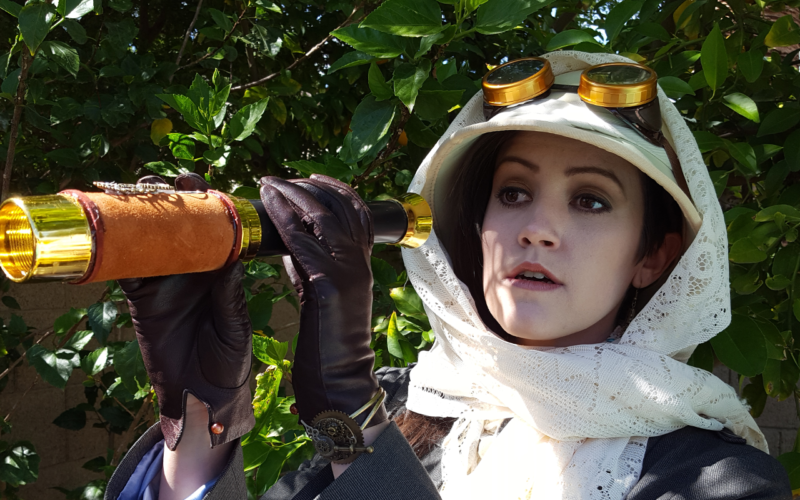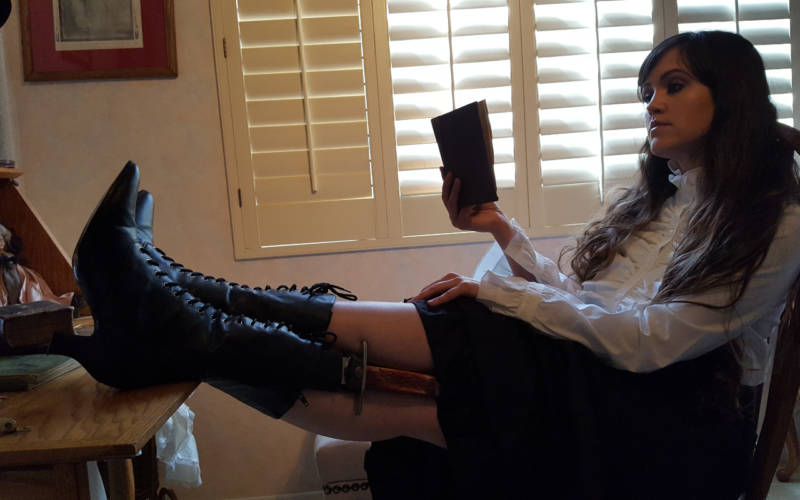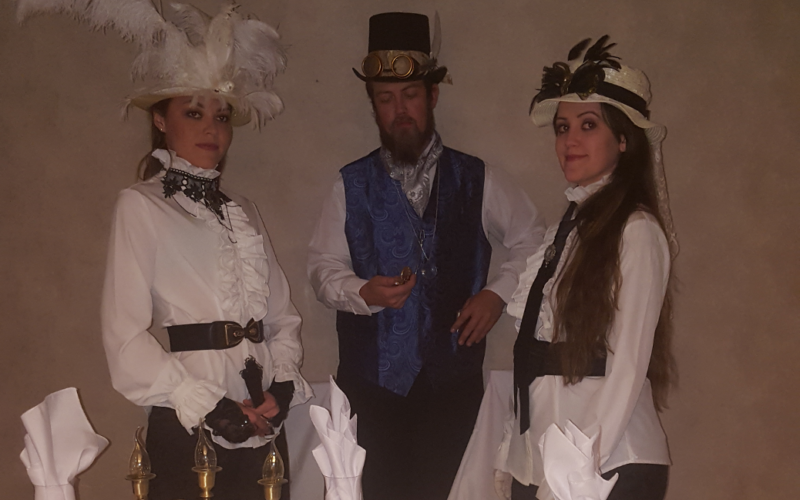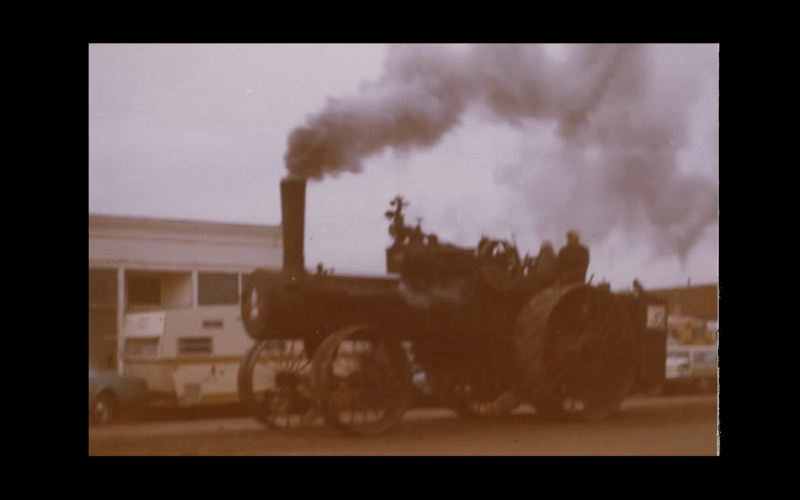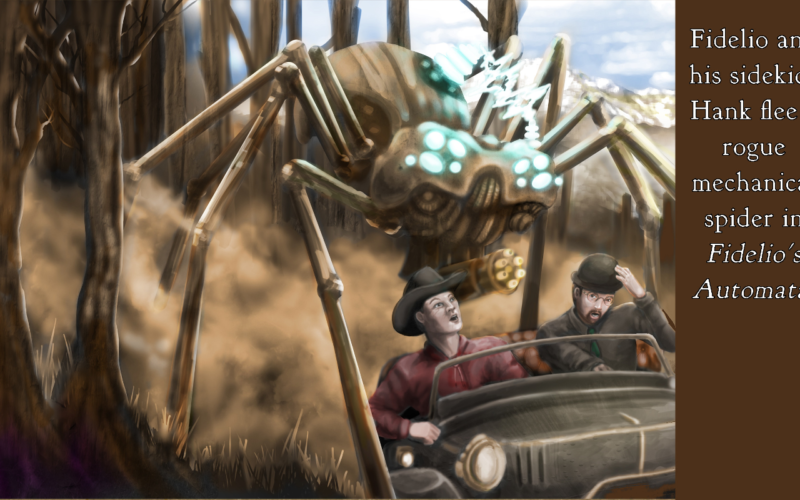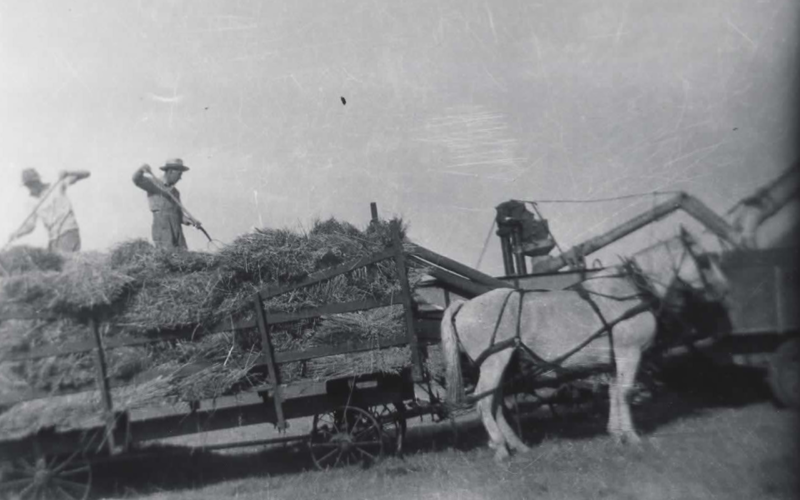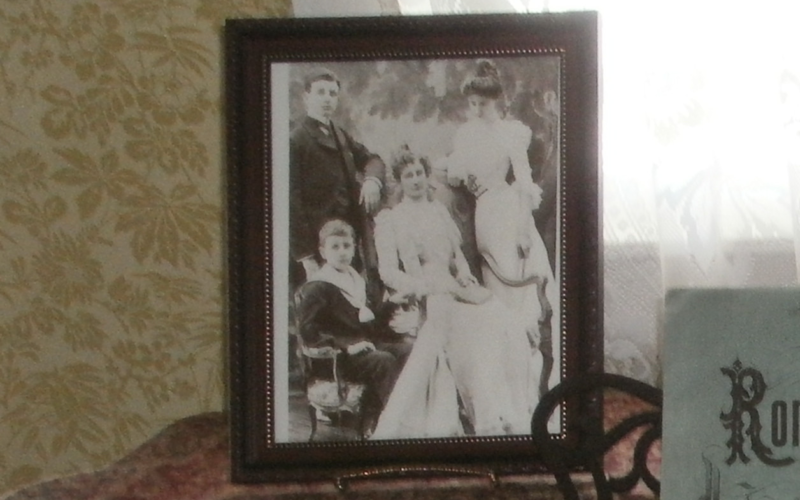
Imagine if you will that clock towers were built not to tell time but to control it? That a stopped clock could render a city frozen in time and forever inaccessible? That the clock mechanic was the world’s most important occupation? These are the intriguing premises behind Tara Sim’s 2016 young adult fantasy steampunk novel Timekeeper. It’s the tale of seventeen-year-old Danny Hart, a brilliant but troubled lad with the timekeeper’s gift for sensing the strands of time.
Danny lives in an alternate Victorian England where his father is forever marooned in “stopped” village and a mysterious gang of clock vandals threatens the nation’s future. His job is to visit and maintain various clock towers around the country. As the story begins, he’s returning to work after a hiatus of several months. He had been performing repairs on a village clock when an explosion nearly killed him. The surrounding town narrowly escaped being “stopped.” Since then he’s feared and dreaded his next job. Luckily, the first assignment on his return is an easy one: to replace a missing numeral on the Enfield clock, which causes that hour to be skipped each day.
To support the book’s intriguing premise, Sim invents a quasi-Roman mythology which centers around a god of time called Aetas. She intersperses the primary action with snippets of these ancient stories. To the people of England, these are just fanciful old legends, much like the idea that each clock has a personified “spirit” that gives it life. These include stories of a timekeeper who fell in love with a beautiful clock spirit with disastrous consequences.
At the Enfield clock tower, Danny meets a handsome blonde boy named Colton who appears to be his age. He at first assumes it’s his new apprentice. Since Danny is gay, there’s an immediate attraction. The blonde boy, who is actually the tower’s clock spirit, begins sabotaging his own mechanisms to bring him back, and soon Danny is making frequent secret visits. Their forbidden love is complicated by the aforementioned terrorist attacks on clock towers. Certain radical factions believe that the towers aren’t necessary and that they, in fact, corrupt the flow of time, though the “stopping” of the town of Maldon seems to indicate otherwise.
Timekeeper is one of the cleverest and most original steampunk novels I’ve read. There’s mystery, action, and romance as Danny struggles to regain his confidence, catch the clock bombers, and rescue his father from temporal limbo in Maldon. The book’s biggest drawback is that, to me, it seems to have a rather modern tone despite its Victorian setting. Having a gay main character is an interesting choice which has surprisingly little bearing on the plot. In this alternate Britain, homosexuality has already been legalized. Danny does face some taunting but mostly receives grudging acceptance. His coworkers tease him about girls and then correct themselves: “oh, that’s right, you like blokes.”
This book is the first volume in the aptly-named Timekeeper Trilogy. I must note that for a change I bought a physical copy of the book. I’m glad I did because the ornately designed cover looks amazing on my steampunk bookshelf.
All in all, I enjoyed Timekeeper. It was a nice change of pace from all the Nineteenth Century sci-fi I’ve been reading lately. It’s a good choice for younger audiences, as neither the books occasional violence nor Danny’s romance ever gets explicit. Stylistically, though, it wasn’t quite my cup of tea. I give it a rating of 4 out of 5 gears.



